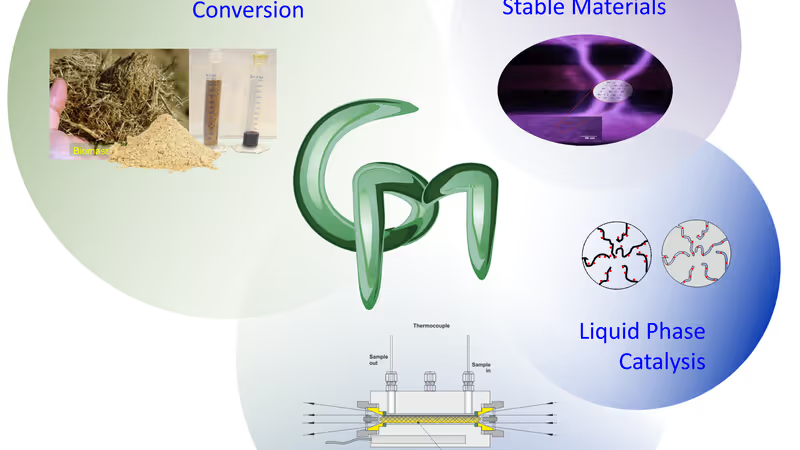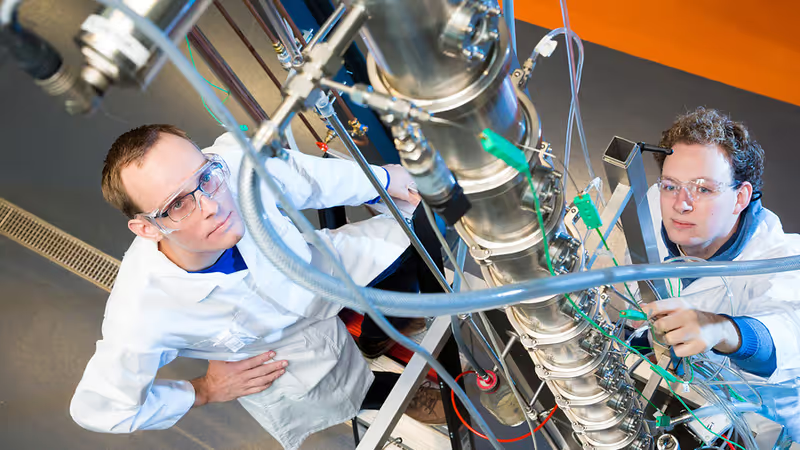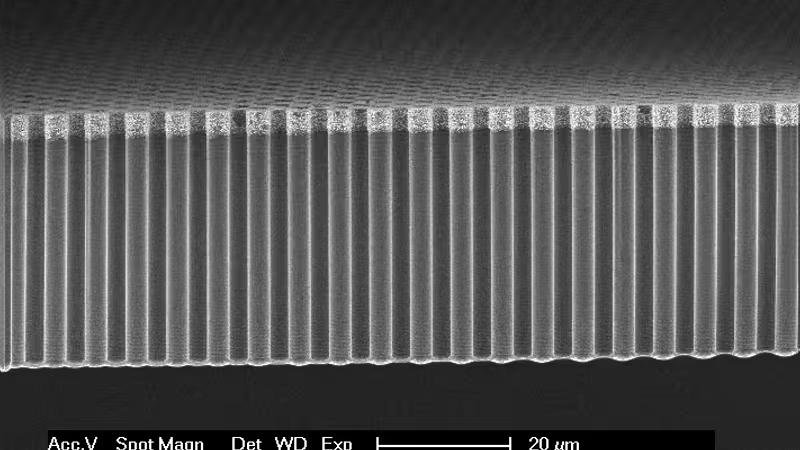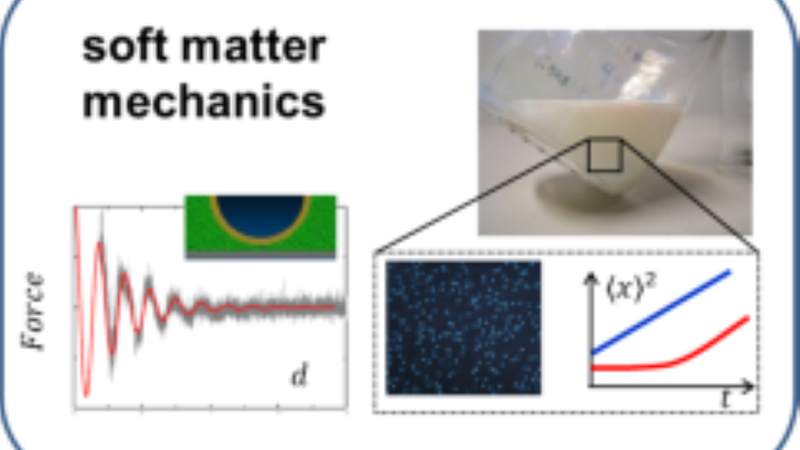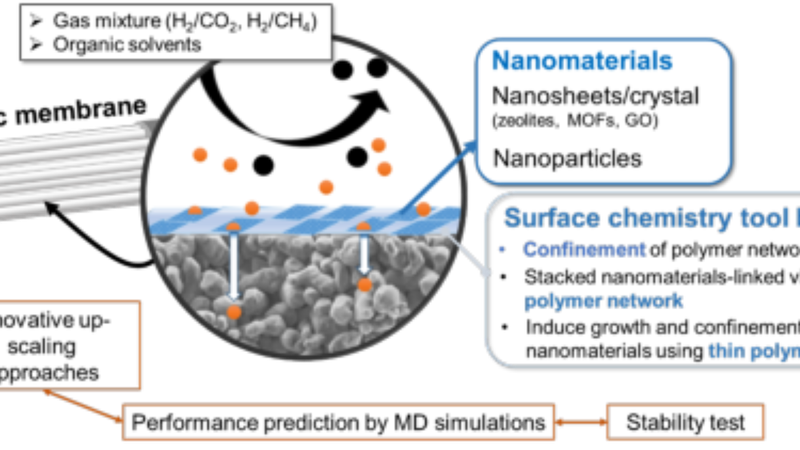Reinventing chemical processes.
The ambitious climate goals – 50 percent CO2 reduction by 2030, even 95 percent by 2050 – put a high responsibility on the shoulders of the chemical industry and research and therefore the department of chemical engineering (CE). In other words, this will lead to exciting research challenges. For finding new solutions, UT’s CE department combines the expertise of six strong research groups and a unique infrastructure by including several key expertise. Physical chemistry of interfaces, reactor- and process-design, (electro-, photo-) catalysis, separation including their modelling and further integration are among these expertise and will help with the main research goal of the department of chemical engineering of understanding and developing chemical processes with reduced environmental impact, by both using alternative feedstocks and sources of energy.
Multi-scale
Many discussions about sustainability are limited to phasing out fossil fuels, but is much more than that. In a way, the chemical industry has to reinvent itself. By drastically reducing energy consumption, by using new types of bio-based feedstock, by designing new processes for capturing and reuse of CO2 and by searching for new ways of energy storage. CE typically looks at the system as a whole, from analysis on a microscale to processes on an industrial scale. Its research infrastructure includes the MESA+ NanoLab and the unique High Pressure Lab facility.
This is typically research that can only be done in close collaboration with industry. Partners of the CE groups are large companies like Dow Chemical, Shell, AkzoNobel/Nouryon and DSM. Apart from that, the research led to several successful spinoff companies like Procede and Biomass Technology Group.
Equally important is the role the department plays in preparing a young generation for shaping this sustainable future. CE staff is highly involved in teaching within UT’s top-rated Chemical Engineering programs, where the BSc Chemical Engineering and Science was voted Top-Rated Programme Universities Keuzegids 2024.
We are aware of the need for speed in reaching the climate goals. This often means breakthroughs and disruptive solutions, instead of evolutionary development, and we are committed to finding these solutions!
People
Our department unites a large variety of excellent scientists, inspiring teachers and talented students who each make their own contribution to the research and education in the chemical engineering domain. Meet our people.
Our 6 Research groups
The department of chemical engineering consists of 6 diverse, but synergetic, scientific disciplines:
- Catalytic Processes and Materials
- Sustainable Process Technology
- Mesoscale Chemical Systems
- PhotoCatalytic Synthesis
- Inorganic Membranes
- Physics of Complex Fluids
Our engagement in research and education
Based on our disciplinary strength and scientific excellence our department engages in various initiatives, programs and projects in both teaching and research. The department of chemical engineering contributes to the excellent, multidisciplinary research within scientific institutes such as MESA+, one of the worlds leading research institutes for nanotechnology. Furthermore, education is one of our core tasks. Our people play a strong role in the chemical engineering curriculum. The combination of in-depth expertise and our low-threshold, open culture ensures that we train students to be broad and critical engineers who are ready to face the challenges of the future.

